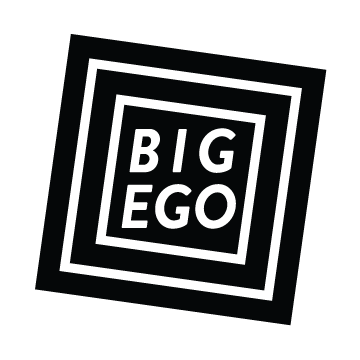Music, Middlemen, Convenience, and Corporations
Anthony Shadduck’s Quartet & Double Quartet, Vinyl vs. Convenience.
Once upon a time the internet was a strange and diverse place. People were pirating music and movies, blogs were popping up everywhere, and, seemingly, nothing was connected.
About 20 years ago something called RSS burst onto the scene. It stood for Really Simple Syndication and it allowed any website or blog to send a feed of text, images, and metadata to a reader that could be compiled with dozens (or hundreds) of other RSS feeds and read like a kind of self assembled newspaper. You could snag a feed from Daring Fireball and Boing Boing and a couple music blogs like Aquarium Drunkard and Gorilla Vs Bear; then sit back, refresh your feed and watch new articles pop up in your reader - mine was NetNewsWire. The beauty of this system was that everything curated by the reader. What do you want to read about? Just subscribe. RSS was free and it really lived up to its acronym. No likes, comments, or shares required.
Fast forward to the internet of today. Social media has all but eliminated the perceptible need for something like RSS because each of these corporations - Facebook, Twitter, etc - IS your RSS reader. A follow or friend request is a subscription to an RSS feed now controlled and managed by one of these social media megaliths. The truth is, these companies made it more convenient. Social media companies made the concept RSS palatable for the widest possible audience and they won. Unfortunately they used a little bit of genius and a lot of vanity to get there.
By adopting the great Orson Welles quote, “The enemy of art is the absence of limitations,” Twitter implemented their 140 character concept. Brilliant, insidious, and today, completely meaningless. Every other tweet is a thread - a string of multiple tweets tied together in order to communicate a longer concept or narrative. Couple the limitation with vanity and you’ve got a potent mix. I remember once being told by author Tim Sweeney to take pictures of audiences at live shows and put them on my website because, “You know what people like more than you? Themselves.” Although I never did it, he wasn’t wrong.
That brings me to Spotify.
Over the last decade they made pirating and music blog questing an almost obsolete practice. Their catalog and interface did for music what social media did for the RSS feed. Through convenience, they consumed and destroyed the previous paradigm - not that iTunes was all that great. eMusic on the other hand…
When Psychic Temple II was released by Asthmatic Kitty in 2013, I was given the choice to opt into Spotify. I chose not to. My feeling then, and now, was that they used my music (and everyone else’s) for their own benefit. Years later when my oldest son told me about all the great music he had discovered on Spotify and I took the plunge as a user and artist. I still spend about $100 a month on records but it was nice to pull up any song in the car or on a walk too.
As an artist and label owner, it sucks. For many artists Spotify is just one more thing to manage. The passive income hardly covers the maintenance cost of dealing with their system. I regard it mostly as a necessary evil. I don’t need to know if anyone is listening to my music right now. You can’t even find “Riding My Nightmare” by Budgie on Spotify and now, for a while anyway, you can’t listen to “Will To Love” or “In France They Kiss on Main Street”. For many artists, Spotify is just passive promotion. For others, it’s their entire business model.
Personally I’ve always loved that most inconvenient of formats: the vinyl record. I love reading through credits and liner notes while I’m listening. Before and after CDs, tapes, and downloads, my records still look and sound great. Some still have stickers on the cover to remind me when and where I bought them. They are heavy and expensive. They’re a pain in the ass to ship properly and require an entire team of people to manufacture. But you know what? Outside of a live performance, God still hasn’t created a better wholistic experience for listening to music.
Adriana and I started the studio and the label because the last thing this world needs is a middleman. We don’t care what’s cool or popular. We love people, music, ideas, and records. Let’s invest in those things. We’re doing our best at BIG EGO to make records that other folks aren’t making. Bringing back a regional sound & vision that used to be a real thing. Every record we sell is a strike against the middlemen and corporations.
Anyway, now that we’ve got this new website up and running, how do I turn on the RSS feed?

